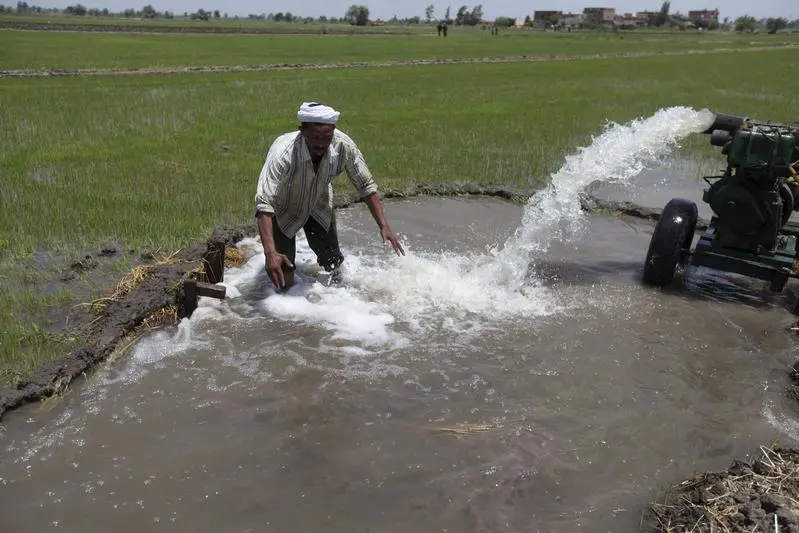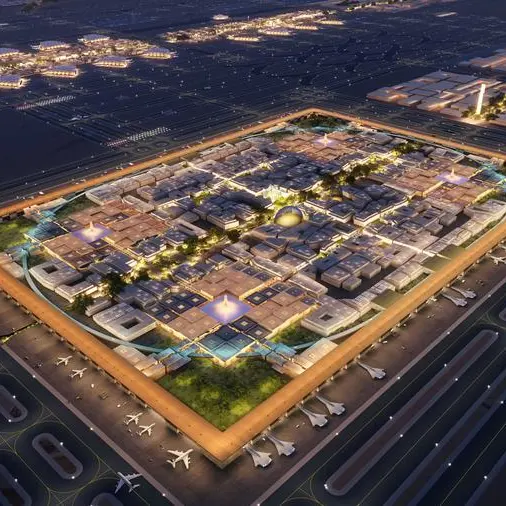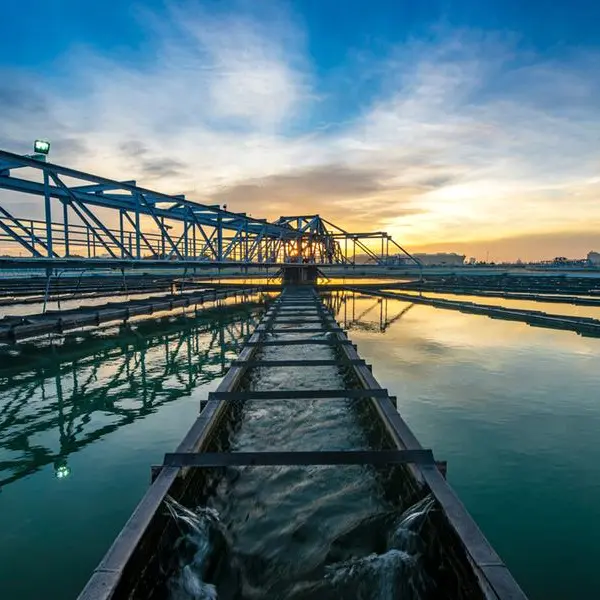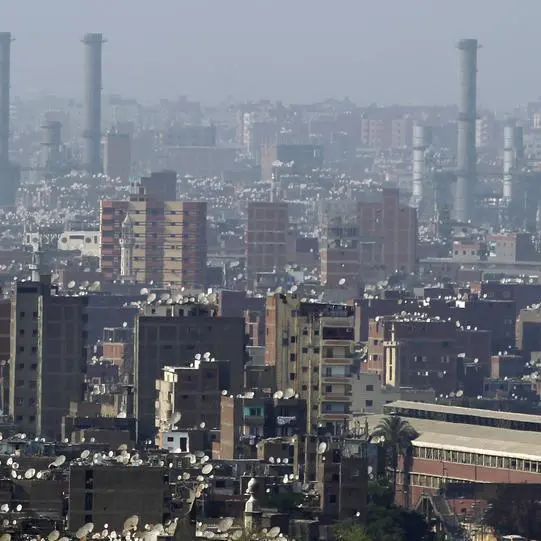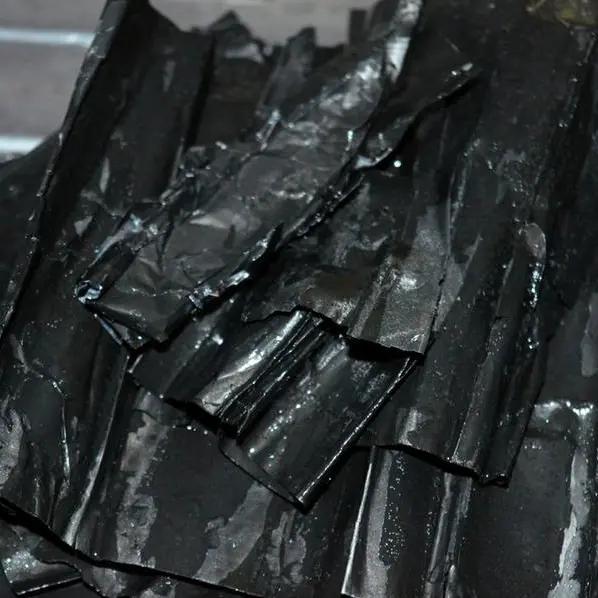PHOTO
Al Dahra Agriculture Egypt, a subsidiary of UAE-based international agribusiness Al Dahra, plans to invest $30 million over the next three years to expand its operations in line with Egypt’s food security and agricultural output objectives, CEO Raouf Tawfik said.
The investment will target land reclamation in Toshka, the expansion of the Al Salehiya sorting and packing station to a capacity of 60 tonnes per hour, and upgrading its fleet of farm equipment, Tawfik said.
The company, which currently holds a 67,000-acre land bank, is negotiating the acquisition of an additional 80,000 acres to support Egypt’s goal of reclaiming two million acres over the next five years, he said.
“Our current strategy focuses on producing strategic crops, supporting exports, and adopting sustainable farming practices to achieve the highest productivity per acre,” he said. “We will continue to invest to upgrading machinery, irrigation systems in addition to increasing our farmed land.”
Al Dahra has invested $250 million in Egypt since starting operations in 2007. Its key projects include:
Al Salehiya: 3,000 acres fully planted, with a sorting and packing station.
East Al Owainat: 26,153 acres, including 12,000 cultivated acres, with a potato sizing line and a cold storage facility with a capacity of 6,500 tonnes.
Toshka: 37,400 acres, with 25,000 cultivated acres and a 20MW solar power plant.
The company cultivates wheat, sugar beets, corn, animal feed, and citrus fruits.
According to the company's press statement, as Egypt’s largest private wheat producer, Al Dahra has delivered 450,000 tonnes of wheat to government silos over the past three years. It has also produced over 300,000 tonnes of corn and sugar beets, reducing Egypt’s import bill by $250 million. Citrus exports to Europe and Southeast Asia have positioned the company among Egypt’s top 10 citrus exporters.
Tawfik said Al Dahra emphasises sustainable farming practices, incorporating precision agriculture, satellite monitoring, and efficient irrigation systems to maximise productivity and minimise environmental impact.
“Our focus is on increasing productivity per acre and adopting innovative techniques to ‘grow more with less,” he said.
(Reporting by Eman Hamed; Editing by Anoop Menon)
(anoop.menon@lseg.com)
Subscribe to our Projects' PULSE newsletter that brings you trustworthy news, updates and insights on project activities, developments, and partnerships across sectors in the Middle East and Africa.
